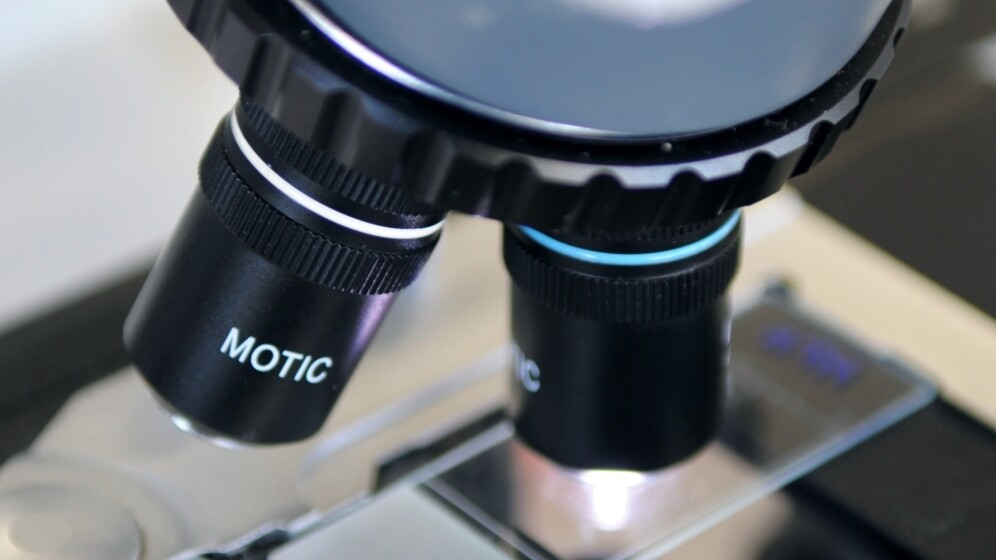
One of the biggest charges levied against unicorn science startup Theranos is that its ground-breaking technology — which supposedly requires a fractional amount of blood — is neither reliable nor accurate compared to traditional blood tests. And in the first independent study published about the techniques, those critics might be onto something.
The study, conducted by the Icahn School of Medicine at Mount Sinai in New York, tested 60 adults to compare uncertainty and accuracy across 22 common clinical lab tests offered by Theranos and its more traditional competitors, Quest and LabCorp. In the study, Theranos’ results were routinely higher — going above normal range about 12 percent of the time versus about 8 percent for LabCorp and about 7 percent for Quest.
Additionally, the Theranos cholesterol tests was consistently lower than the readouts of its peers.
When it came to consistency, Theranos also hit a snag: the technology rejected samples roughly 2 percent of the time, compared to virtually 0 in its competitors.
An article from Bloomberg says that Theranos expressed concerns for the study’s methods, which may have impacted the rejection number. Regardless, it’s another piece of mounting evidence against Theranos as it tries to prove its testing services are meeting the standards the investors and public are expecting for such a prominent company.
Theranos testing was pulled from a Walgreens store in Palo Alto, although the company continues to offer its services in Arizona stores.
Update: Theranos reached out to TNW to provide a letter in response to the report. That letter is in full below.
Get the TNW newsletter
Get the most important tech news in your inbox each week.




